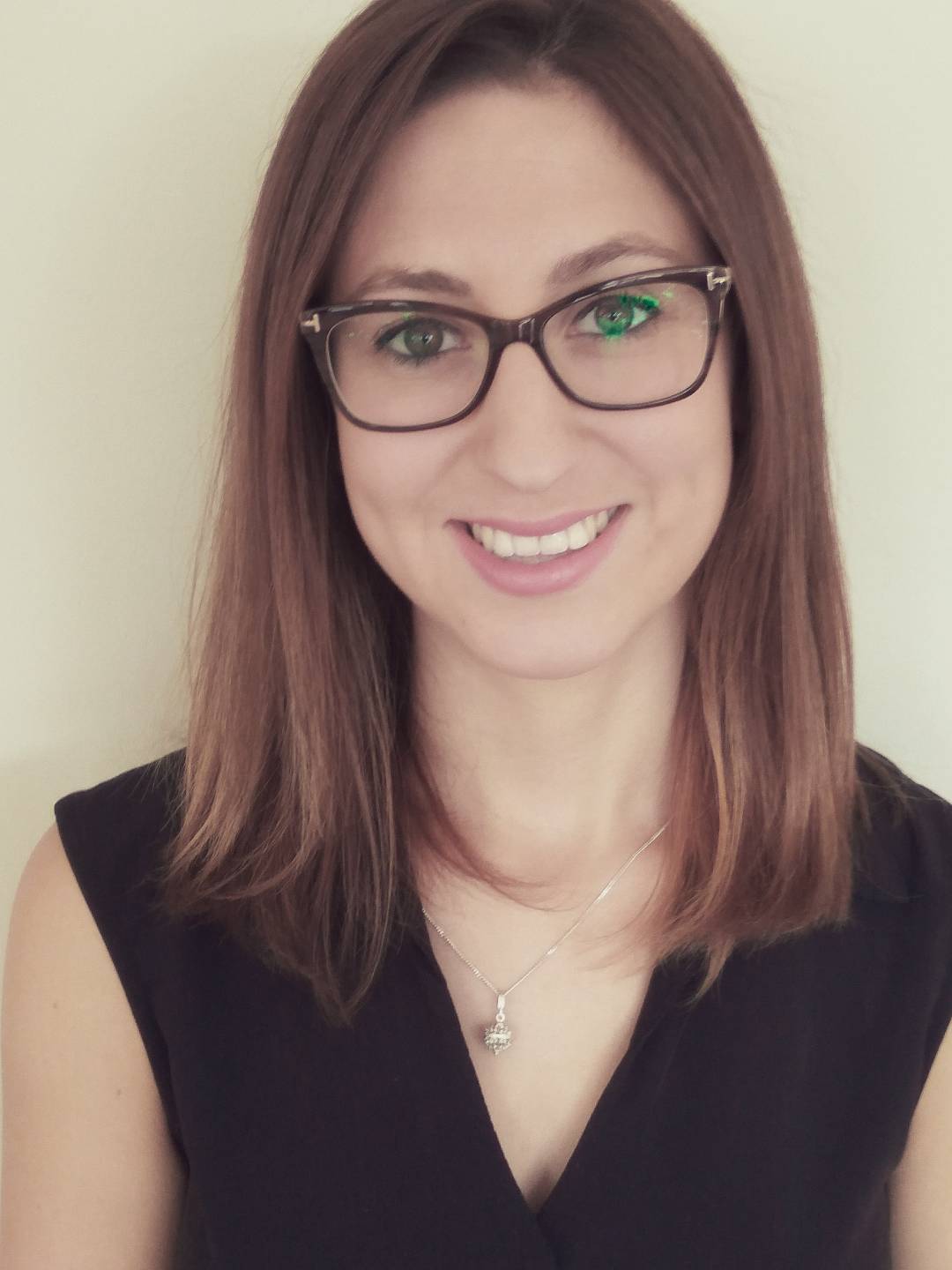
Insightful words from a pediatric psychologist
2 February 2026
Rise in respiratory infections and measles outbreak: important infection prevention measures at the Montreal Children’s Hospital.
Read more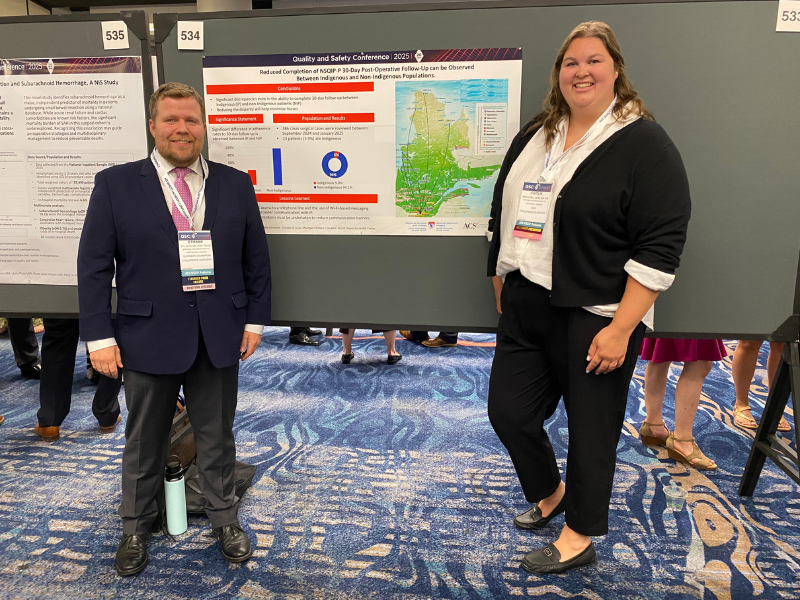
12 August 2025
Since October, the Montreal Children’s Hospital (MCH) has been the only pediatric hospital in Quebec to participate in the NSQIP Program, a data registry created to improve the quality of surgical care in healthcare facilities. After nearly a year of participation, the MCH is already beginning to see the benefits.
The National Surgical Quality Improvement Program (NSQIP) is an initiative of the American College of Surgeons. It collects information on up to 250 variables per patient who has undergone surgery in one of seven disciplines: general surgery, cardiac surgery, otolaryngology (ear, nose and throat, ENT), plastic surgery, urology, neurosurgery and orthopedic surgery. Member institutions can then see where there is room for improvement and how they compare to others.
NSQIP provides risk-adjusted benchmark data for patient complications. For example, patients’ medical conditions and the presence of comorbidities are taken into account when calculating results, so member institutions can compare themselves to others on a level playing field.
“It’s very detailed. We now have access to data that we didn’t have before,” explains Caitlin Beaulieu, Nurse Practice Consultant and one of the program managers.
NSQIP member hospitals receive a benchmark report twice a year. Since the MCH has been participating for less than a year, the first report should be available in January. However, preliminary results show that the MCH is performing better than other comparable healthcare institutions.
Already making an impact
As part of NSQIP, Caitlin is responsible for following up on all surgeries performed at the MCH starting 31 days after the operation. Sometimes, she has to contact families by phone to ask them certain questions. She realized that while she was able to reach the majority of non-Indigenous families (98 per cent), she had much more difficulty contacting Indigenous families (41 per cent).
Dr. Etienne St-Louis, a General Surgeon at the MCH and NSQIP champion, and Caitlin looked into the issue as part of a research project. They found that the lack of permanent access to a telephone line and the use of Wi-Fi-dependent messaging apps as the primary means of communication were at the root of the problem and posed a health equity challenge.
They presented their findings in a poster and a conference during the American College of Surgeons’ most recent Quality and Safety Conference last July.

Insightful words from a pediatric psychologist
2 February 2026
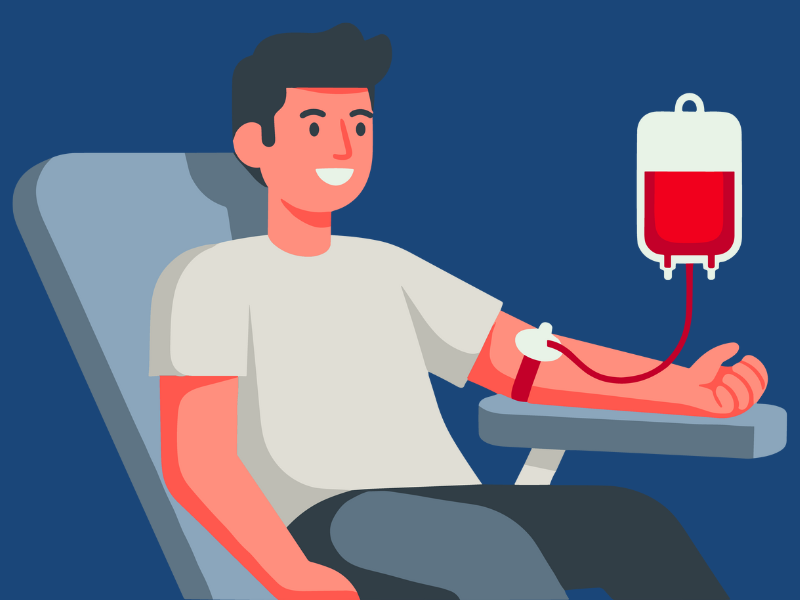
Roll up your sleeves! The MUHC blood drive is back!
16 January 2026
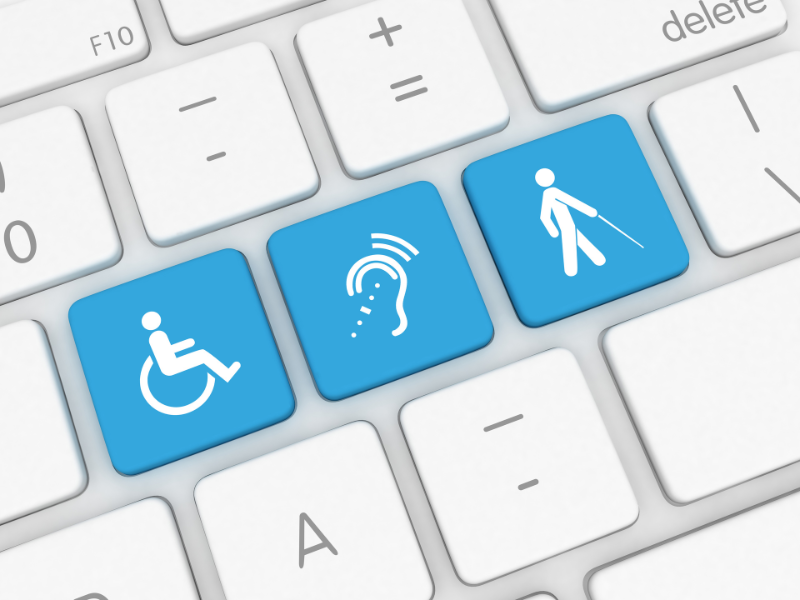
2025–2026 Accessibility Action Plan approved
16 January 2026

The MCH continues to ensure the protection of children
8 January 2026
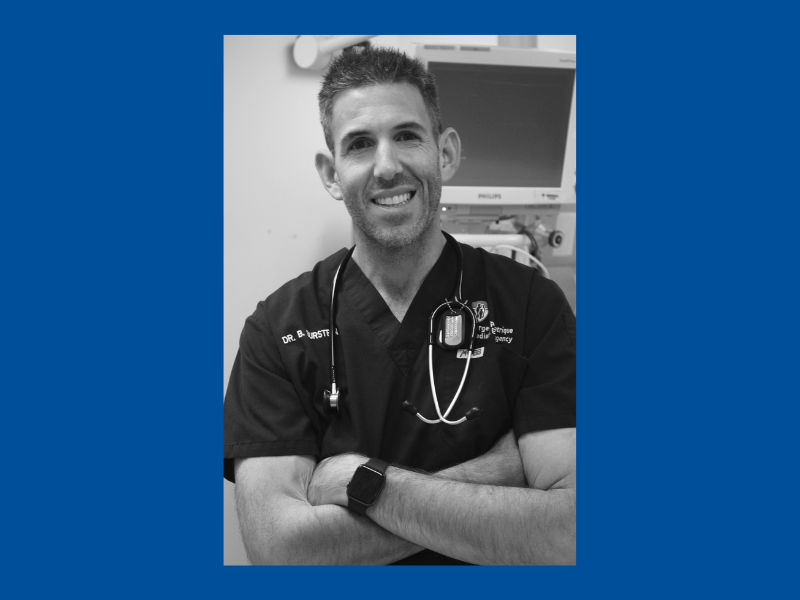
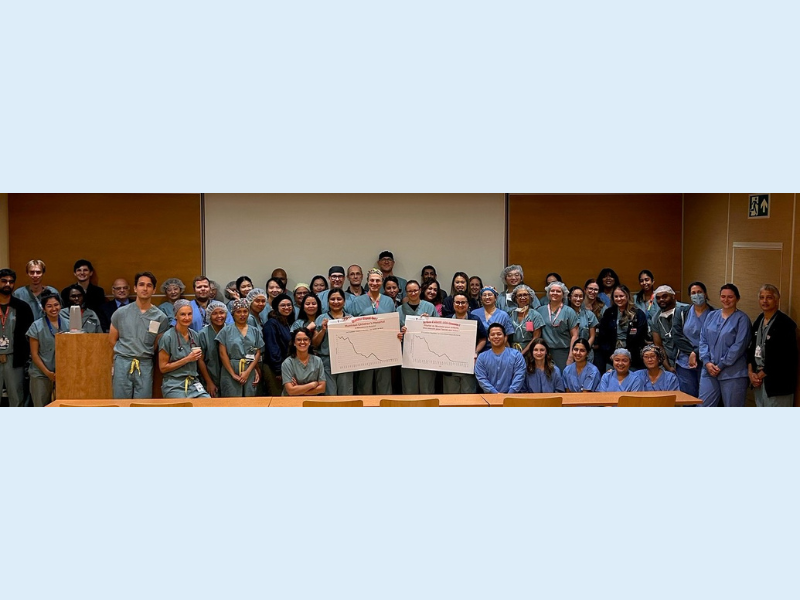
Surgery at the MCH: a significant reduction in waiting lists
21 November 2025

Traffic back to normal at the Glen site
6 November 2025
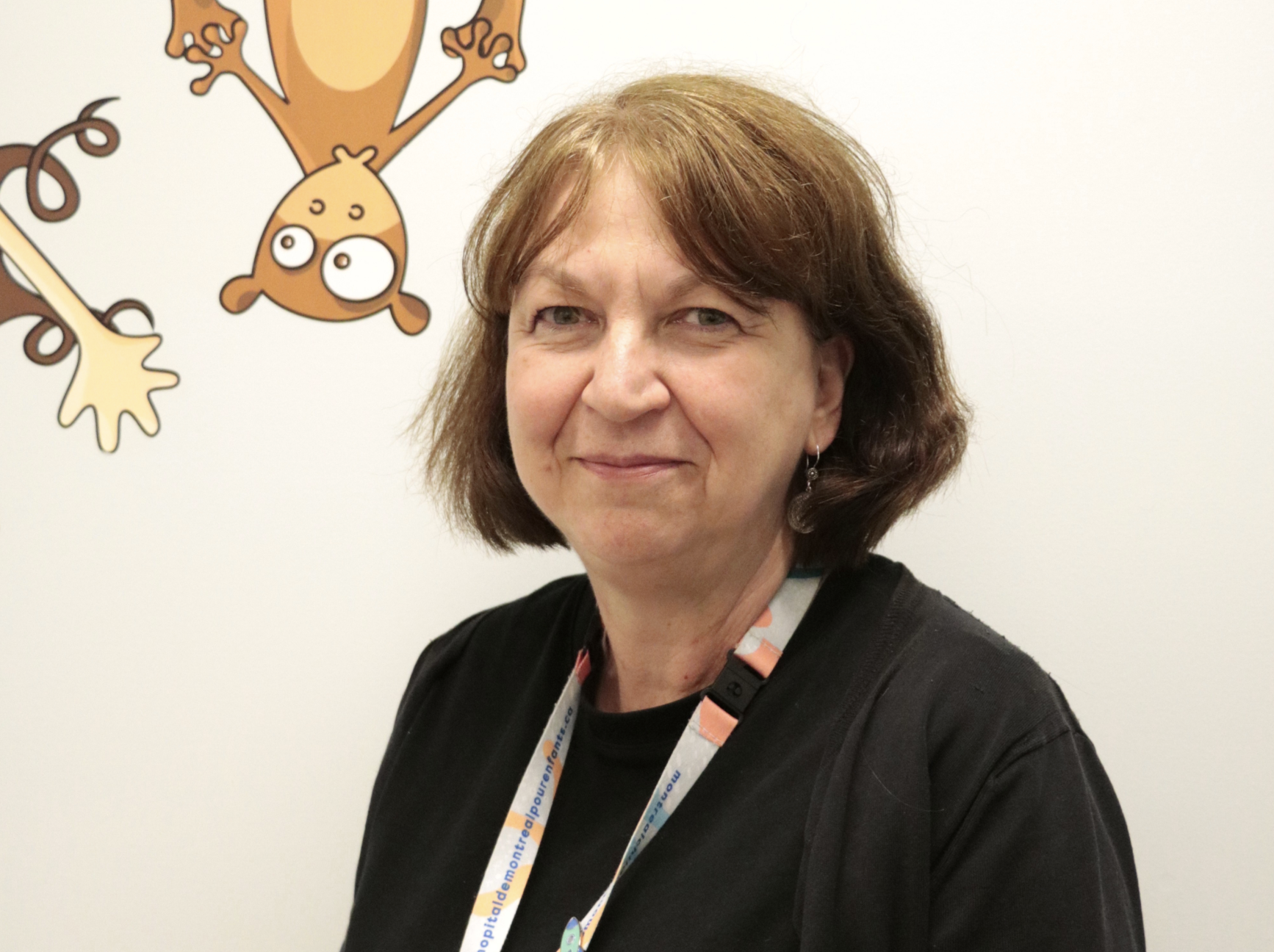
Falling in love with Occupational Therapy
27 October 2025
